The CCU patient
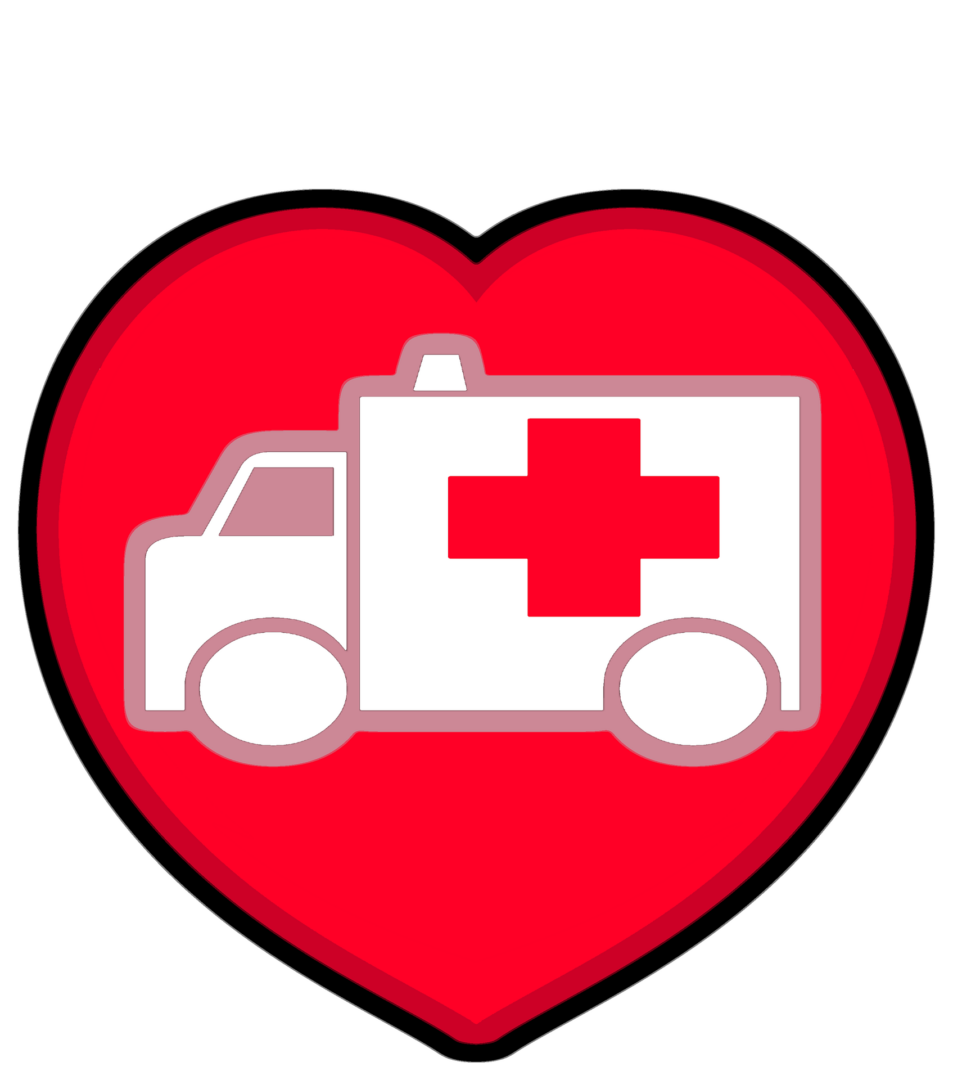
Over 40 years ago as a young nurse working in the Coronary Care Unit, I saw men (and they were mostly men) vow to make a change in their work habits, diet, and exercise after having a heart attack. They got discharged from the CCU, went to cardiac rehab and were on a good path with their exercise and diet. They then eased back into work. All was going well until those old habits that got them into the CCU began to creep back. Why did those changes not stick?
Hearing “you have cancer”
This is the same for someone with a new cancer diagnosis. The first time you hear the word “you have cancer” you are in disbelief. I had an unusual invasive cancer in my sternum, which should have been nothing. I didn’t feel bad and was surprised to hear those words. I was just having a little growth taken off my chest. Well, it was not so little and what followed was surgery and radiation treatments. Not fun, but it could have been much worse. For that I am thankful.
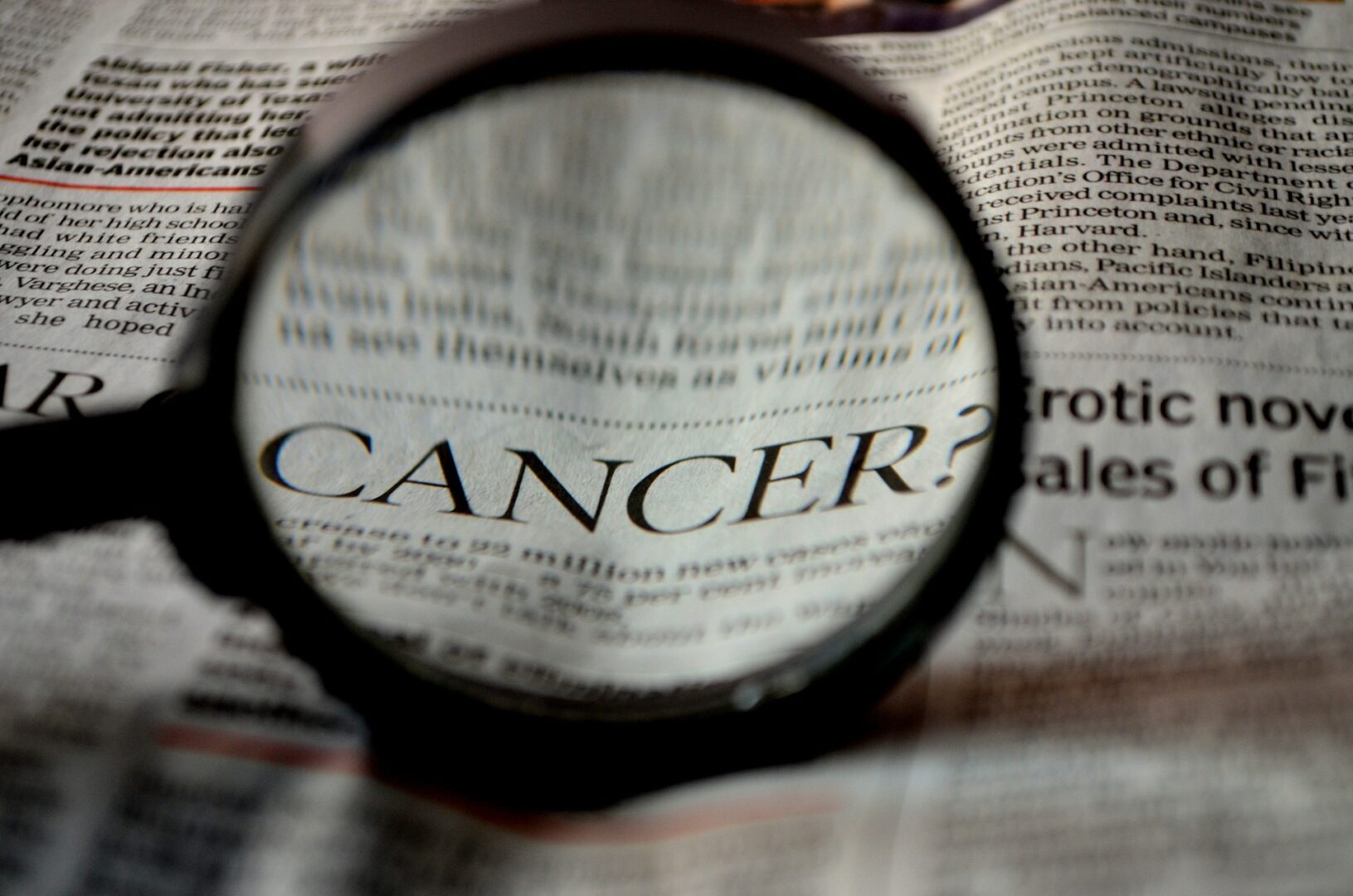
I had not been particularly mindful of my health. My weight was the highest it had ever been, and I hadn’t even been aware of those pounds creeping up. My stress level at work was high. I tried to do everything perfectly and I now admit I was the ultimate micromanager. My diet was not very good and because I had long days at work, I didn’t get regular exercise. I didn’t even think about living a healthy lifestyle. I was going through the daily motions that many of us do – you get up, have a long commute to go to work, eat lunch at your desk hunched over your computer, come home, eat dinner, watch TV, go to bed and wake up and do it again the next day. Its other people that have a heart attack, stroke, cancer, or are injured in an accident – not us, right? I think of the people I know that died suddenly and those that died slowly and painfully. I never forget.
When we are teenagers we think we are invincible. When we age, we realize we are not invincible. What we do is concede and accept our illnesses as the reason we can’t or don’t live a healthier lifestyle. We hear lots of people saying my diabetes, my knees, my back, etc. Are we holding ourselves back and becoming our own worse enemy?
Lifespan vs healthspan
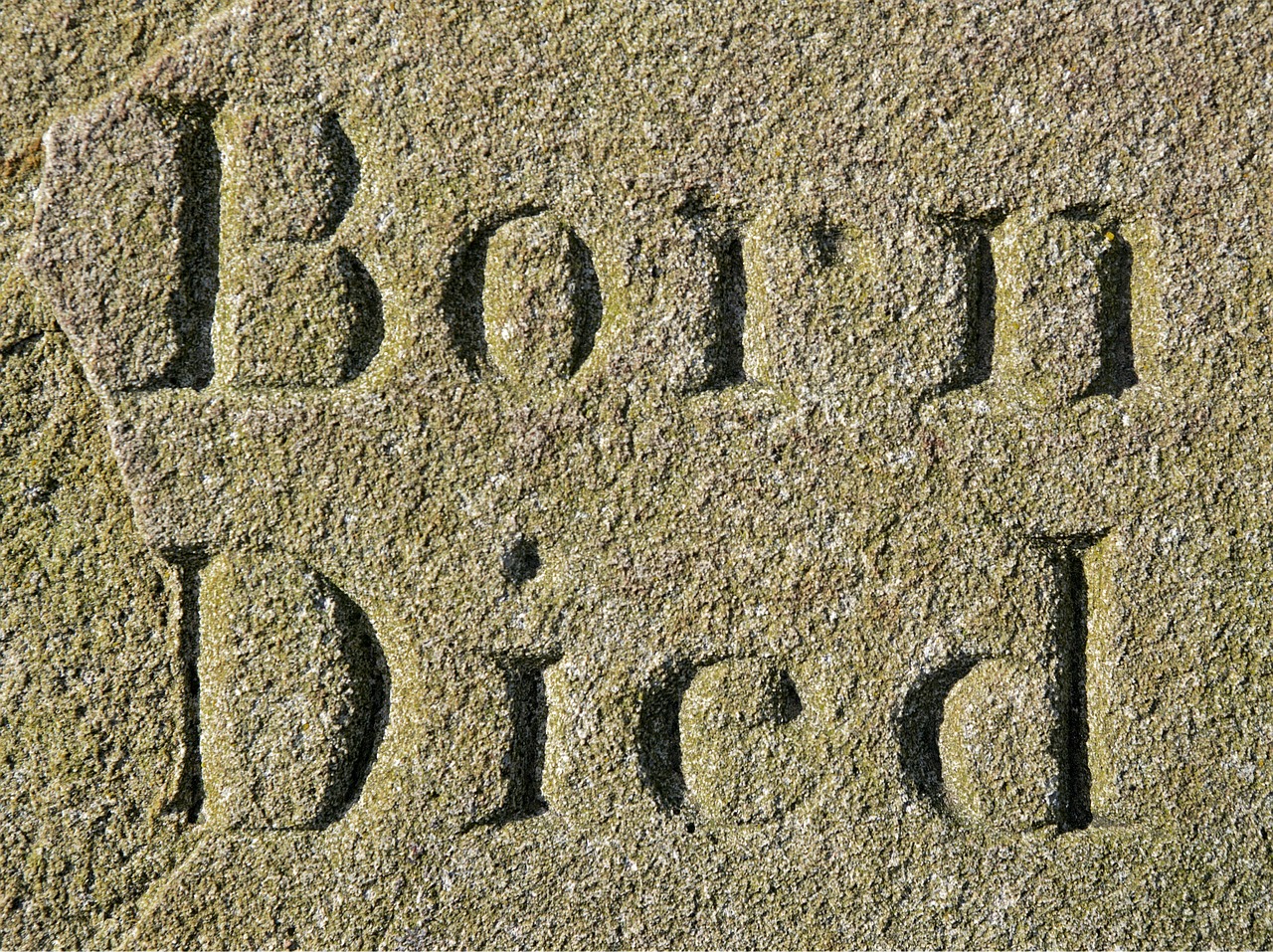
Last night I attended a conference dinner with my husband and sat next to a woman “who use to run marathons, but now is too old and her back hurts.” She stated she was 55 yrs old and travels a lot for work (sitting) and just can’t get in the time to train anymore (planning), plus she says she is too old now for marathons (mindset). This woman has possibly another 45 years to live and is only a little more than halfway through her lifespan. She is already acquiescing a less than optimal healthspan at age 55. She considers running a marathon as all or nothing as her mode of exercise. There are other ways to maintain your fitness. Would that change if she had a traumatic life event that served as a wakeup call?
I was inspired by Lisa Tuozzolo, the widow of the NYPD officer killed in the line of duty. She ran the New York Marathon on Nov 3rd in his honor. She looked strong and fit and had a team of NYPD family running with her to the finish line. Hopefully, she and her support team will adopt a healthy lifestyle in the memory of Officer Tuozzolo for the rest of their life.
Right Now
I often query people that have lost over 100 pounds, started and stuck with a workout program, or started and stuck to a diet plan. The response is always the same. They say “today was the day I was going to start, and I meant it”. This is a very different response to those who say “I’ll wait until Monday or wait until the New Year”. I believe for it to be successful, it has to be Right Now.
How do you find your Right Now? I believe that you have to want the change and are willing to do the work. Losing weight to fit into a dress for a wedding is not going to make the habit stick. Yes, it may help in the short term. Being honest with yourself is the most important thing you can do.
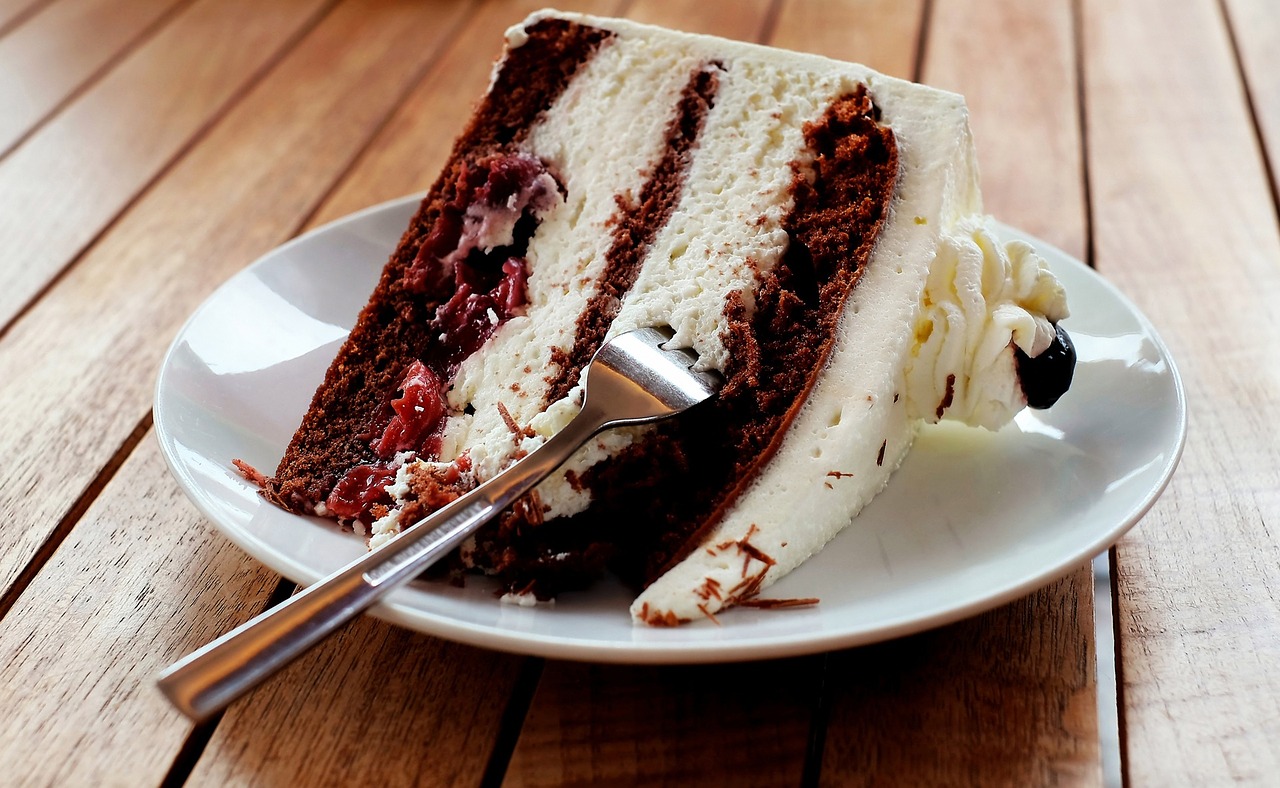
Is that piece of cake and risking type II diabetes more important than saying no at that moment? Is carving out an extra 30 minutes in the morning to hit the gym or go out and walk just too hard to get out of bed? If you answer yes, it will be hard to make the change.
If an NFL Cleveland offensive lineman can do it
In the Wall Street Journal (Nov 4th) Jen Murphy highlighted Joe Thomas a former NFL Cleveland Browns offensive lineman. These guys are BIG and they eat a lot. Many of them, when they retire continue to eat their 10,000 calories and don’t work out because of injuries. That’s a traumatic life event that involves a change in lifestyle. You lose your line of work you loved and you have painful chronic injuries. Joe Thomas’s strategy is diet and exercise to lose weight. He also does yoga, which is pretty cool for a former tough guy that ran into people for a living. He swims, lost weight and is committed to a new lifestyle. In the article, he stated he had to “re-teach myself to be a normal human again.” Now, that is a lifestyle change.
Re-teach yourself
Maybe the key to success is re-teaching yourself to adopt the lifestyle you want. It won’t be easy, but if you want to do it, you can. A little planning (plan your meals, time to work out, time to meditate) will make it easier. If you mess up one day, get back on track and don’t throw the baby out with the bathwater.
You’ve got this – with whatever change you want to make. Don’t wait for something traumatic to happen to say “I need to make a change.” You will end up like the patients I took care of in the CCU – a few weeks of change and then back to the status quo.
As we begin to look towards the holidays, this is a great time to get started! What’s stopping you? Only you are stopping you. What change do you want to make?
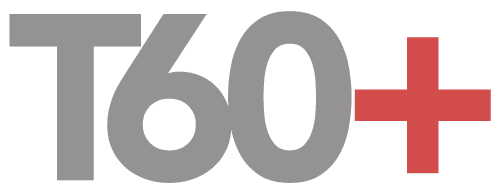
Excellent points. Thank you for sharing both the personal and professional experiences and insights.